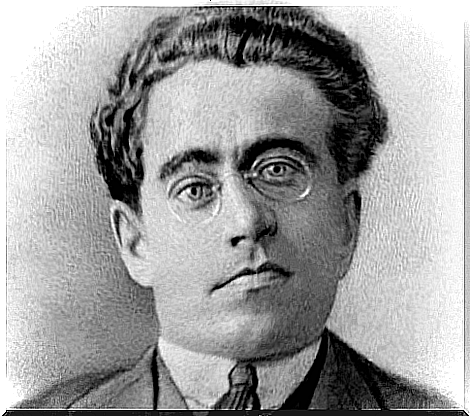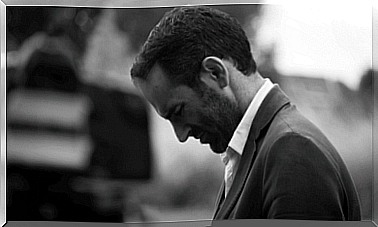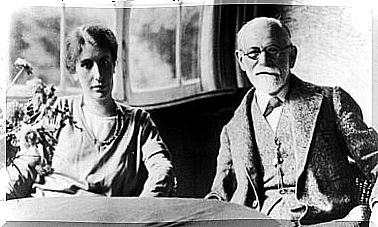Antonio Gramsci: Seven Memorable Quotes

Many of the quotes written by Antonio Gramsci have a rather special charm. Almost all represent the perfect blend of politics, philosophy and poetry. His quotes are a good representation of what he was: a versatile and passionate intellectual.
Antonio Gramsci wrote most of his work in prison. No danger, he killed no one. He was only a victim of fascism during the political persecution under Benito Mussolini and his regime in Italy. To get him convicted, the prosecutor said: “We must prevent this brain from functioning for twenty years.”
Antonio was physically deformed by a humpback and was socially excluded due to his poverty. Nevertheless, he was one of the most influential Italian intellectuals of the 20th century. He was a staunch communist, but his thinking remained universal. This is reflected in several of his quotes. Discover seven of the best below!

1. Antonio Gramsci on the intellectuals
One of the main points of interest for Gramsci was intellectuals and their role in society. On this he pointed out: “The error of the intellectuals is to believe that you can attain knowledge without understanding, and especially without feeling and being passionate.”
Antonio was against anyone who became an intellectual just for the sake of education or simply purism. However, he believed that intellectuals should serve those who have less access to the world of ideas. One can only achieve this when there is a real passion for understanding, followed by action.
2. Between the old and the new world
In reality, the periods of transition in history often lead to chaos and uncertainty. This is because the old coexists with the new, without either of the two realities succeeding in imposing on each other. Under these conditions, perversity is often born.
False originality
Antonio Gramsci was revolutionary when it came to words. There was a reason why the fascist regime was so afraid of him and let him die in prison. He did so in the midst of many humiliations, and yet he held fast to his convictions. In one of his quotes, he warns of false rebellion and false originality.
4. Antonio Gramsci on cultural power
This is one of the quotes by Antonio Gramsci that best reveals his way of thinking:
Unlike other Marxists of his day, Gramsci attached great value to cultural values, rather than economics and politics. In fact, he contributed to fundamental democratic communism, which later became “Eurocommunism”.
5. The dead weight of history
When someone talks about “dead weight”, they mean what is only there to make the load heavier and more painful. Something a person has to carry as a burden, without necessarily transporting it from one place to another so that it contributes to something of value.
In relation to this, one of the quotes from Antonio Gramsci says: “Indifference is the deadweight of history”. This means that progress is made over time, against the lack of commitment and conscience that hides behind the action, or the passivity thereof, for those who are indifferent.

6. Complaining about one’s enemies
In this quote, Antonio Gramsci shows his common sense and ingenuity. He pointed out: “If an enemy hurts you and you complain, you are stupid because the enemy’s intended purpose was to hurt you.”
This quote seems perfectly designed for those in today’s world who are so sensitive to trolls and bullies from social networks. It is obvious that what you can expect is a lack of empathy and little to no consideration from an opponent or enemy.
7. Antonio Gramsci on the essence of war
There is a lot of truth in this statement. In this case, he did not specifically refer to religion as dogma, but as fanaticism. It is the same in relation to the fact that the fanatical thought is based on a certain set of ideas, in the same way that religious dogma is set so that it breaks the dialogue. War takes place when dialogue is no longer possible.
Antonio Gramsci was only 46 years old when he died in prison. He was abused and had tuberculosis which plagued him for several months. Luckily for us, he had already written The Prison Notebooks , which is a wonderful work.








